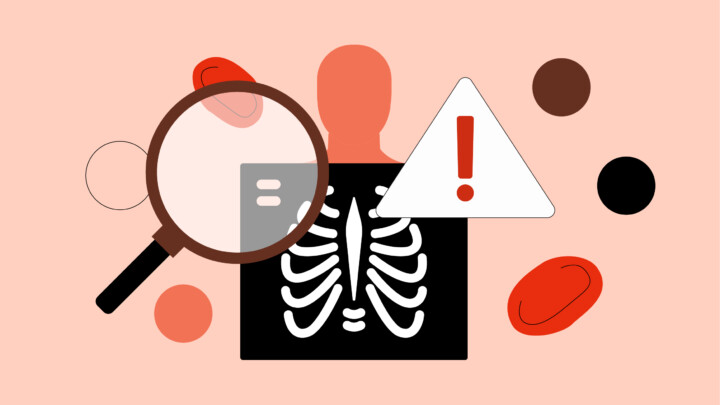Explore lucrative alternative careers for PAs in health tech, industry, and entrepreneurship to gain better…


Explore lucrative alternative careers for PAs in health tech, industry, and entrepreneurship to gain better…

Explore lucrative alternative careers for Primary Care Physicians (Family, Internal Medicine) in health tech, insurance,…

Explore lucrative alternative careers for pharmacists in research, health tech, and many more high-earning fields.

Discover high-paying side gigs for GIs, including paid medical surveys, ASC investment, medical consulting, and…

Discover how cardiologists are diversifying income with non-clinical side gigs like expert witnessing, consulting, and…

Physicians on Sermo weigh in on whether AI tools are improving care or dulling clinical…

Learn how physicians are combating the mouth taping trend. Explore the medical risks and potential…

Explore high-potential nurse side gigs, from virtual consulting to legal nurse consulting, to boost income…

Understand the difference between medically prudent care and wasteful defensive medicine driven by malpractice fear.…

Learn how physicians who own practices are managing HR, from hiring to burnout. Get expert…

Explore how international locum tenens differs from domestic work and the steps doctors must take…

Discuss what prior authorization is, why it delays care, and how to explain to your…